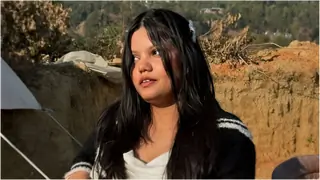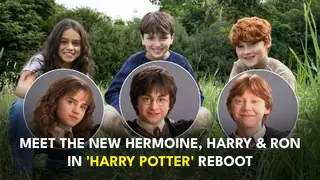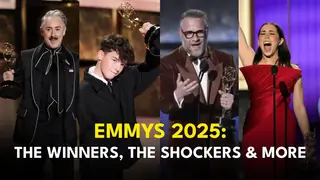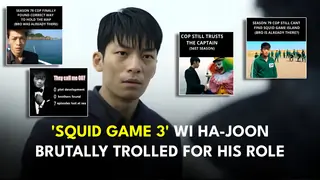'Chernobyl' Creator on What Actually Happened; What Didn't & How To Still Have It Liked
It should have been a real task indeed.
Published: Monday,Aug 12, 2019 19:13 PM GMT-06:00

he Emmy Award fever has officially begun and all the contenders are being talked about in every aspect possible. And coming to one show whose multiple nominations in the ceremony isn't surprising but it certainly was a major surprise when it became critically and commercially successful. We are talking about the HBO drama, Chernobyl that managed to create a stir and how the miniseries became so popular and so successful.
Recently, writing a guest column for The Hollywood Reporter, writer and creator Craig Mazin talked about the several difficulties that was attached to telling a real incident.
Craig wrote, " How do we tell the truth? More importantly — and here's the question every historian, documentarian, photographer and filmmaker of true events must confront — how do we tell the truth in such a way that people will listen? Even harder, how do we tell a story about the dangers of stories?
This problem occupied me for a long time while I was researching and writing the scripts for Chernobyl. It was clear to me that so much of what went wrong in the early hours of April 26, 1986, was the result of an all-too-human weakness for narrative. Someone tells a story, and it makes us feel powerful. Or loved. Or in control. Or safe. Or proud. This story must be protected and repeated. It must be elevated beyond simple narrative. It must become the truth."
He added, "Valery Legasov, the man portrayed by Jared Harris, spends much of the final episode of Chernobyl testifying at a Soviet show trial. In reality, he wasn't at that trial at all. If I abandon our hero in the final episode and introduce someone entirely new, if I violate the demands of the story-craving human mind, then who will pay any attention at all? Who will come to know what is true?
Legasov actually did face the same choices and dangers we depicted in that trial. He confronted them in the workplace. They manifested themselves through the internal politics of the Soviet scientific community, which would have required three or four hours of excruciatingly bad television. So I chose the demands of narrative.
But if I permanently obscure the truth, then I'm guilty of the same crime I'm decrying. This is why I created a companion podcast for the show; if I cannot escape the need to tell a story, at least I can tell another story about how I made changes to tell a story! I can hold myself accountable.
And here's the encouraging part. People listened. It didn't diminish their experience of the show. It enhanced it. What I took on faith, I now know to be so: The audience understands. They are completely capable of embracing a narrative and then exercising their curiosity to find out where the story strayed from fact.
As writers, now more than ever, we have to defend the truth. Happily, this doesn't require abandoning our narrative art. Quite the opposite! Hook 'em with a good story, and they'll come asking you for more. They'll come asking for the truth. And that is when you get to tell it."
No wonder the show came across as accurate and as amazing it was.
Join Our WhatsApp Channel
Stay updated with the latest news, gossip, and hot discussions. Be a part of our WhatsApp family now!
Join NowYour reaction
 Nice
Nice Great
Great Loved
Loved LOL
LOL OMG
OMG Cry
Cry Fail
Fail
















Post a comment